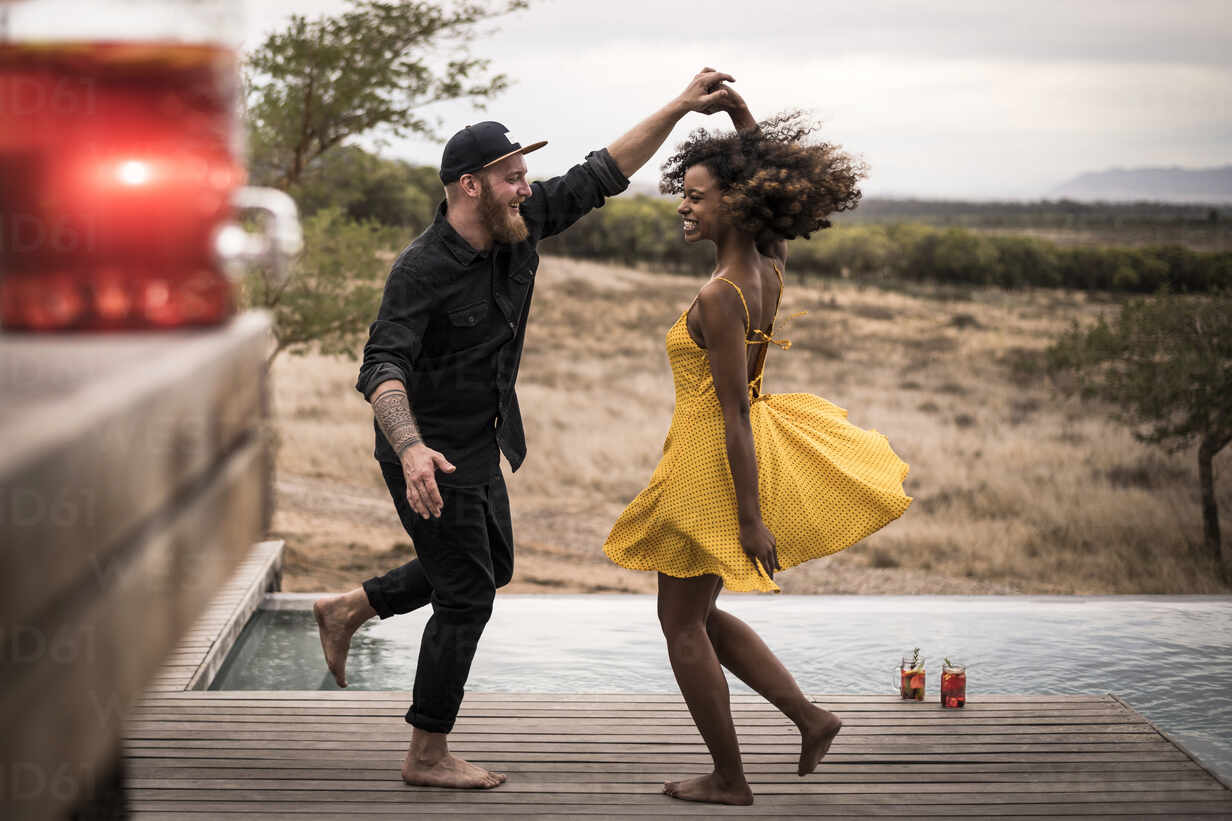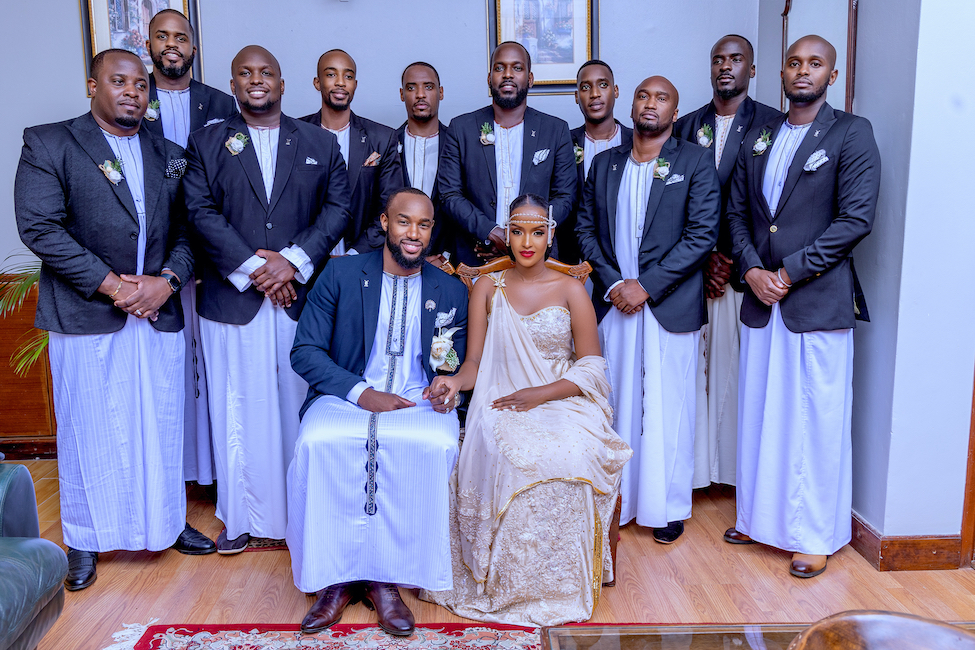African Dating Culture Unveiling Traditional Courtship and Marriage Practices
Africa, a continent renowned for its vibrant cultural heritage, holds within its embrace a diverse array of dating and marriage practices. These practices, deeply intertwined with the values and traditions of countless ethnic groups, have shaped the ways in which Africans have courted and celebrated unions throughout the course of history. In this article, we embark on a journey to explore the rich tapestry of African dating culture, uncovering the intricacies of traditional courtship rituals, marriage customs, and the enduring significance of these practices in contemporary African societies.

Introduction: Setting the Stage for Love and Matrimony
Across Africa, courtship and marriage are not merely personal affairs but communal endeavors that involve families, communities, and ancestral spirits. In many cultures, the search for a suitable partner begins with an informal introduction (okuri), during which the prospective suitor’s family reaches out to the family of the potential bride to express their intentions. This initial contact, steeped in respect and tradition, serves to establish communication and lay the foundation for further interactions.
Once an introduction has been made, the courtship period commences, providing the couple with an opportunity to delve into each other’s lives and aspirations. During this time, they may engage in various activities such as going on dates, attending social events together, and sharing stories about their upbringings and dreams. In certain cultures, the suitor presents the bride’s family with traditional gifts (matemeka), ranging from livestock and jewelry to symbolic items that convey the suitor’s sincerity and commitment. These gifts serve as a tangible expression of respect and appreciation for the bride’s family and symbolize the suitor’s readiness to enter into a lifelong partnership.
Traditional Courtship Rituals: Unveiling the Dance of Love
Traditional courtship rituals in Africa encompass a wide spectrum of practices that vary from region to region and ethnic group to ethnic group. In some cultures, the courtship process may involve elaborate ceremonies and symbolic gestures, while in others, it may be a more informal and subtle affair.
Courtship in Igbo Tradition: The Dance of Iku Aka
Among the Igbo people of southeastern Nigeria, courtship takes the form of a graceful dance known as Iku Aka. During this dance, the prospective suitor and his friends visit the home of the potential bride, accompanied by musicians and dancers. The suitor and the bride engage in a playful dance, exchanging flirtatious glances and witty banter. The outcome of the dance, often determined by the bride’s response, indicates her interest in the suitor and sets the stage for further courtship.
Maasai Courtship: The Enchanting Eunoto
For the Maasai people of Kenya and Tanzania, courtship is an integral part of their cultural identity, marked by the traditional Eunoto dance. During this dance, young men and women gather in a circle, each participant taking turns to showcase their skills and beauty. The men perform energetic jumps and acrobatic feats, while the women demonstrate their grace and elegance. The Eunoto provides an opportunity for potential partners to assess each other’s qualities and express their interest.
Yoruba Courtship: The Eloquent Ese Ifa
In Yoruba culture, courtship involves an intricate divination ritual known as Ese Ifa. The prospective suitor consults an Ifa priest, who casts divination using sacred kola nuts to determine the compatibility and potential success of the union. The priest interprets the patterns on the kola nuts and provides guidance to the suitor, including advice on the timing of the proposal and the potential outcome of the marriage.

Marriage Customs: Celebrating the Union of Two Souls
In African cultures, marriage is not simply a legal contract but a sacred union that binds two families and establishes a new lineage. Traditional marriage customs, rich in symbolism and cultural significance, vary widely across the continent.
Traditional Masai Wedding: A Ceremony of Unity and Blessing
The Maasai wedding ceremony is an elaborate and joyous occasion that involves the participation of both the bride’s and groom’s families. The ceremony begins with the blessing of the couple by an elder, who offers prayers and ancestral guidance. The bride and groom then exchange gifts, symbolizing their commitment to each other and their new family. The ceremony culminates in a traditional dance, where the couple dances together, surrounded by their families and friends.
Igbo Traditional Wedding: The Colorful Igba Nkwu
The Igbo traditional wedding, known as Igba Nkwu, is a vibrant celebration that emphasizes the importance of family and community. The ceremony is divided into several stages, each marked by the exchange of symbolic gifts and the performance of traditional dances. The bride is adorned in a colorful wrapper and headtie, while the groom wears a flowing robe and cap. The ceremony concludes with the breaking of kola nuts, symbolizing the unity of the couple and their families.
Yoruba Traditional Wedding: A Journey of Cultural Heritage
The Yoruba traditional wedding is a complex and multifaceted event that spans several days. The ceremony begins with the introduction of the couple’s families, followed by the exchange of gifts and the performance of traditional dances. The bride and groom are then adorned in elaborate attire, and the ceremony culminates in the pouring of libations to the ancestors, seeking their blessings and guidance for the newlyweds.

Marriage Elaboration: Celebrating a Lifetime of Love and Partnership
In many African cultures, a simple wedding ceremony is followed by an extended period of traditional marriage elaboration. These elaborate rituals, which may span years or even decades, provide an ongoing celebration of the couple’s union and serve to strengthen the bonds between their families.
Umbondo: A Zulu Journey of Marriage Enrichment
The Umbondo is a Zulu practice that involves a series of rituals and ceremonies designed to enhance the marriage bond. The rituals, which occur over several years, include the exchange of gifts between the couple’s families, the performance of traditional dances, and the slaughtering of animals for feasts. The Umbondo serves to strengthen the couple’s relationship, ensure the well-being of their children, and honor their ancestors.
Borana Gufa: A Journey of Honor and Respect
Among the Borana people of Ethiopia, marriage is celebrated through a series of rituals known as Gufa. These rituals involve the exchange of gifts between the couple’s families, the performance of traditional dances, and the slaughtering of animals for feasts. The Gufa serves to honor the couple’s ancestors, strengthen their relationship, and ensure the prosperity of their future generations.
Kwanjula: A Ugandan Celebration of Love and Unity
In Uganda, the Kwanjula is a traditional marriage elaboration ceremony that takes place after the wedding. The ceremony involves the presentation of gifts to the bride’s family, symbolizing the groom’s appreciation and commitment to his new family. The couple also performs traditional dances together, showcasing their unity and love. The Kwanjula serves to solidify the bond between the couple and their families and reaffirm their commitment to each other.
Traditional courtship rituals and marriage customs in Africa are deeply rooted in cultural traditions and serve to celebrate the union of two individuals and their families. These practices not only provide a framework for courtship and marriage but also serve to strengthen relationships, honor ancestors, and ensure the prosperity of future generations. As African societies continue to evolve, these traditions remain an integral part of their cultural identity and heritage.


